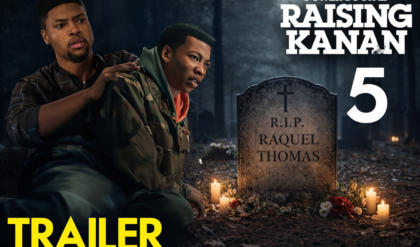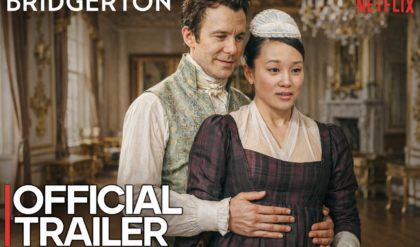Introduction: A Feudal Japan Face-Off
When Ghost of Yotei was announced as the sequel to 2020’s critically acclaimed Ghost of Tsushima, expectations soared. Set to release on October 2, 2025, Sucker Punch Productions’ follow-up promised another breathtaking journey through feudal Japan, this time centered on a new protagonist, Atsu, in the shadow of Mount Yotei. However, just months before its launch, Assassin’s Creed Shadows, Ubisoft’s long-awaited Japan-set entry, hit the market on March 20, 2025, and has already claimed significant ground. With Shadows earning critical acclaim and strong sales, a narrative has emerged that Ghost of Yotei may have already lost the battle for feudal Japan’s gaming crown. This article explores the competitive dynamics between the two titles, examining their narratives, gameplay, and market reception to determine if Yotei is indeed at a disadvantage.
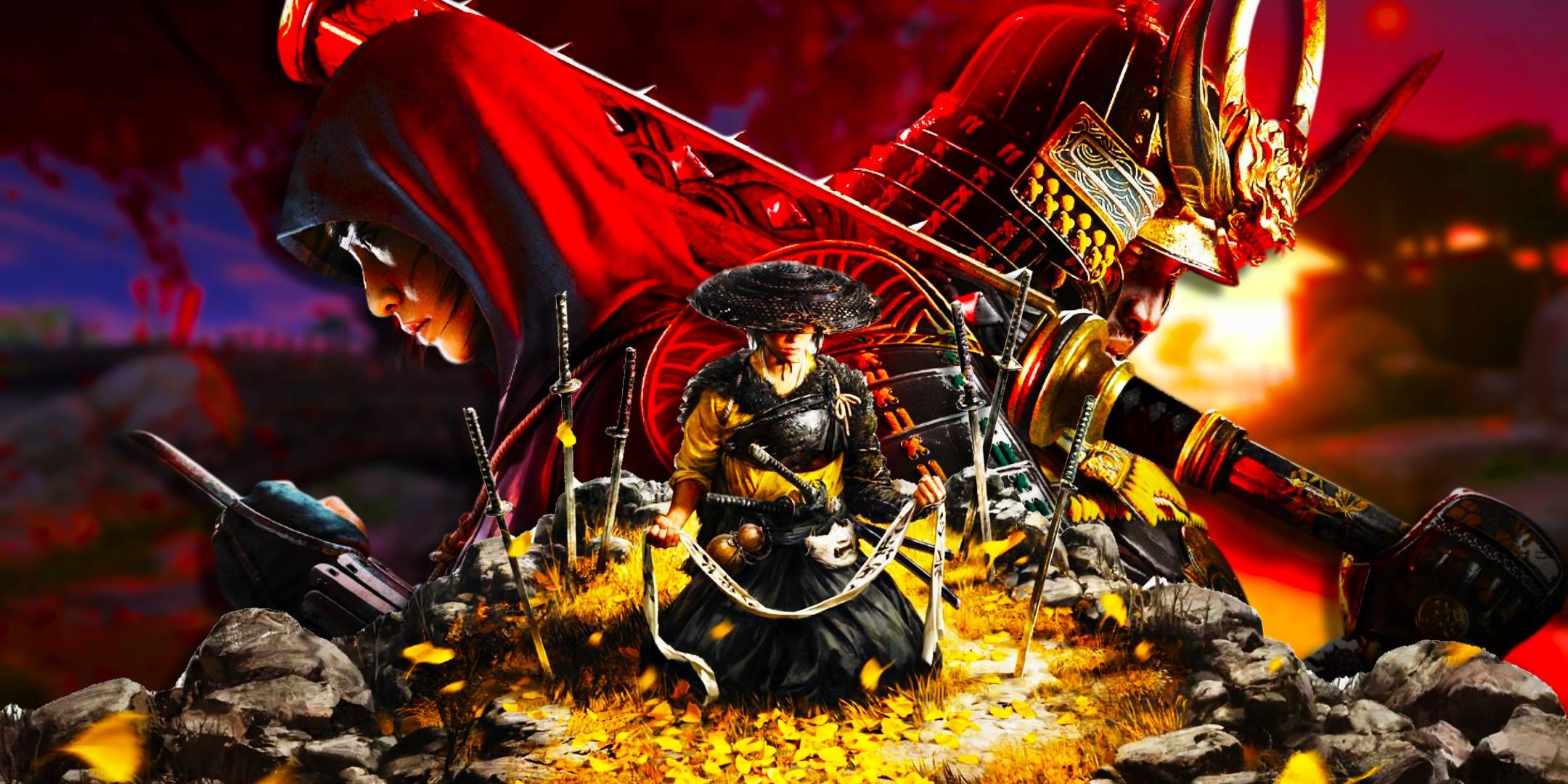
The Timing Dilemma: Shadows Steals the Spotlight
One of the most significant hurdles for Ghost of Yotei is its release timing. Assassin’s Creed Shadows launched in March 2025, giving players nearly seven months to immerse themselves in its depiction of feudal Japan before Yotei arrives. Shadows sold over 1 million copies in its first 24 hours and achieved a concurrent player peak of 64,000 on Steam, reflecting strong initial reception. Its Metacritic score of 81 and “Very Positive” Steam rating (80% of thousands of reviews) further cement its success. By contrast, Yotei has only released trailers and story tidbits, with its latest reveal on April 26, 2025, providing more narrative details but no gameplay footage. This lack of visibility has left Yotei playing catch-up, as players have already spent months exploring Japan through Shadows.
The timing issue is compounded by Shadows’ post-launch support. Ubisoft has planned multiple updates for Shadows, including the Claws of Awaji DLC later in 2025, which could overlap with Yotei’s launch window. This continuous content stream keeps Shadows relevant, potentially overshadowing Yotei’s debut. Fans on platforms like X have noted this disadvantage, with some suggesting that PlayStation delayed Yotei’s marketing to let Shadows’ hype settle—a strategy that may have backfired as Shadows continues to dominate the conversation.
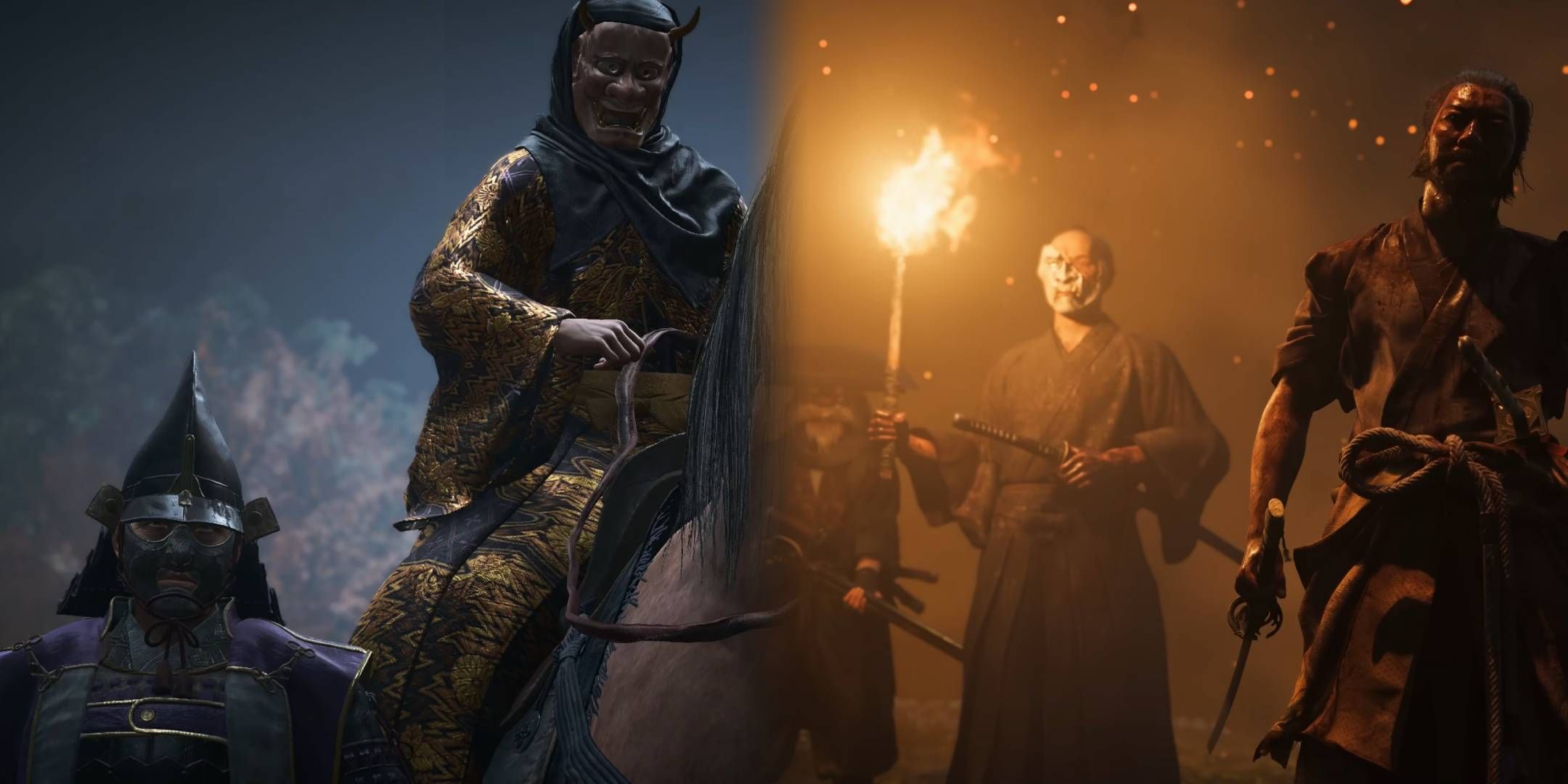
Narrative Parallels: A Tale of Revenge Done Better?
Both Ghost of Yotei and Assassin’s Creed Shadows center on revenge-driven narratives, but their execution differs significantly. Shadows follows dual protagonists Yasuke, a historical Black samurai, and Naoe, a shinobi seeking vengeance against the ronin who killed her father. The game uses flashbacks to flesh out Naoe’s past, though some players have criticized the narrative for being shallow, with too many targets lacking depth. Despite this, Shadows benefits from its dual-protagonist structure, offering varied perspectives—Yasuke’s brute force and Naoe’s stealth-driven approach—alongside the broader context of the Assassin-Templar conflict, which adds a layer of historical intrigue.
Ghost of Yotei, based on its recent trailer, also follows a revenge arc. Atsu, a female warrior, hunts those responsible for her family’s death, facing off against Onryo—vengeful spirits from Japanese folklore. The trailer introduces antagonists like “The Spider,” “The Kitsune,” and “The Dragon,” aiming for a focused, emotionally charged story. However, this premise has drawn criticism for its similarities to Shadows. Onryo spirits feature prominently in Shadows as well, appearing in games like Phasmophobia and Dead by Daylight, but their use in Yotei feels derivative since Shadows introduced them first. Players on X have expressed concern that Yotei’s story feels like a retread of Shadows’ narrative, with one user noting they “just played this revenge story” in Ubisoft’s game.
Critically, Yotei’s narrative lacks the broader context that Shadows provides through its Assassin-Templar lore. While Yotei aims for a more intimate, self-contained story, this focus might not resonate as strongly with players who have already experienced a similar arc in Shadows, especially with the latter’s dual perspectives adding variety. Shadows also incorporates meditative elements like the Kuji-Kiri mini-game, tying reflection to character growth—a feature Yotei could benefit from but hasn’t yet shown. Without a unique narrative hook, Yotei risks being seen as a less impactful follow-up.
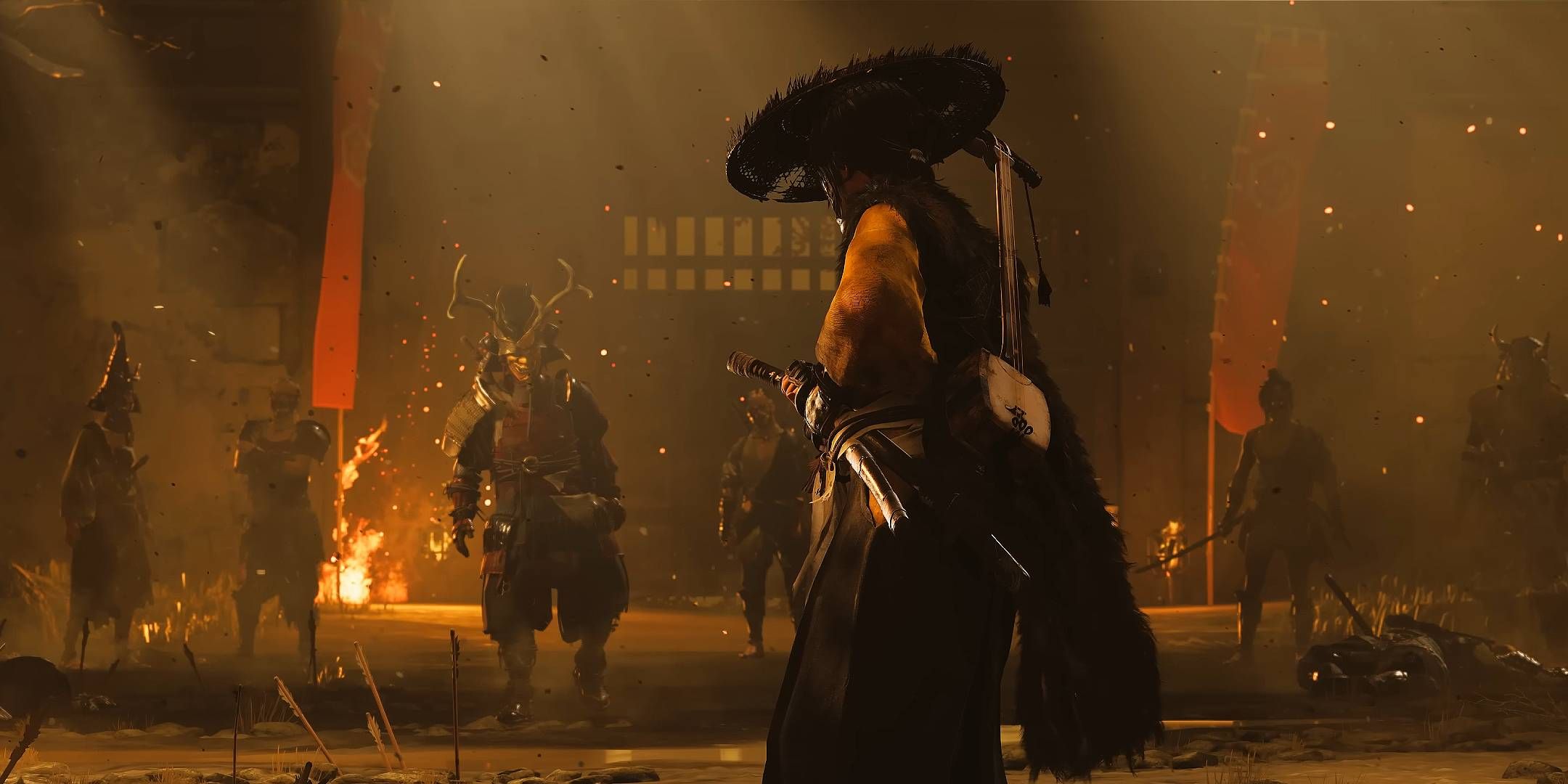
Gameplay: Shadows’ Stealth Edge
Gameplay is where Assassin’s Creed Shadows has set a high bar that Ghost of Yotei must now meet or exceed. Shadows has been praised for its refined stealth mechanics, which outshine even Ghost of Tsushima. Naoe’s toolkit—including a grappling hook, smoke bombs, and the ability to crawl prone—makes infiltration tense and rewarding, especially on higher difficulties where enemy AI is more aware of disturbances in sound, light, and shadow. The dual-protagonist system allows players to switch between Naoe’s stealth and Yasuke’s direct combat, offering flexibility that caters to different playstyles. Yasuke’s ability to smash through doors, use explosives, and wield heavy weapons like the kanabo adds a visceral contrast to Naoe’s finesse, making Shadows a standout in the stealth-action genre.
Ghost of Tsushima, while lauded for its cinematic combat, was criticized for its lackluster stealth sandbox. Jin Sakai’s stealth felt limited, lacking the depth and variety of tools that Shadows provides. Yotei’s protagonist, Atsu, is described as needing to be “more nimble” than Jin, with hopes for improved stealth takedowns and a genuine sense of vulnerability against large enemy hordes. However, without gameplay footage, it’s unclear if Yotei will match Shadows’ stealth innovations. Tsushima’s combat was fluid and satisfying, with a balletic grace that Shadows struggles to replicate—Yasuke feels tanky, and Naoe’s melee lacks Jin’s proficiency. Yet, Shadows’ broader gameplay options, including its dynamic world with changing seasons, give it an edge in versatility that Yotei must overcome.
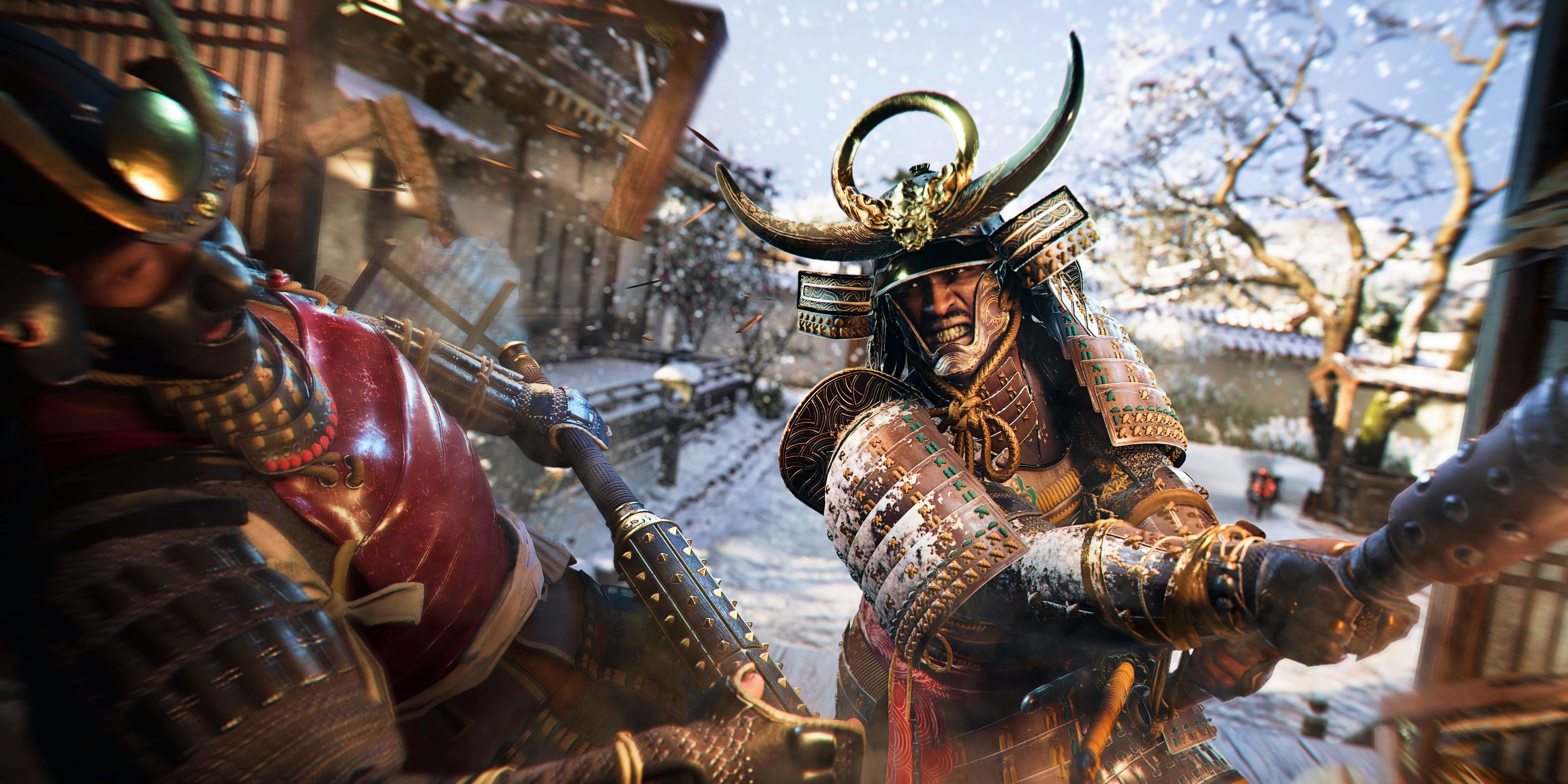
Market Reception: Shadows Sets the Standard
Assassin’s Creed Shadows has defied expectations, overcoming pre-launch controversies around historical accuracy and cultural representation to become one of the highest-reviewed Assassin’s Creed games in years. Its focus on stealth, refined parkour, and a vibrant open world has been lauded, with reviewers calling it Ubisoft’s best RPG to date. The game’s success has shifted the narrative around feudal Japan settings, proving there’s room for multiple titles in this space—Shadows has been compared more to Rise of the Ronin than Tsushima in its worldbuilding and RPG elements, carving out its own identity.
Ghost of Yotei, as a sequel to Tsushima, carries the weight of high expectations. Tsushima is considered one of the defining samurai experiences of the last decade, with its cinematic flair and expansive open world earning it a lasting fanbase. However, Yotei faces a tougher landscape. Shadows has already saturated the market, and its ongoing updates will keep players engaged through Yotei’s launch. Fans on X have expressed skepticism, with some feeling that Yotei’s reveal feels too similar to Shadows, potentially diminishing its impact. PlayStation’s marketing for Yotei has been sparse, possibly to avoid direct competition, but this cautious approach risks letting Shadows dominate the narrative.
Critical Evaluation: Is the Loss Inevitable?
The idea that Ghost of Yotei has “already lost” to Assassin’s Creed Shadows may be premature, but it’s not without merit. Shadows’ first-mover advantage, strong stealth mechanics, and dual-protagonist system have set a high standard that Yotei must match or exceed. The narrative similarities, particularly the use of Onryo spirits, risk making Yotei feel derivative, especially since Shadows has already explored this concept. Additionally, Shadows’ broader appeal—thanks to its RPG elements and historical context—may overshadow Yotei’s more focused, personal story.
However, this narrative overlooks Yotei’s potential strengths. Ghost of Tsushima excelled in cinematic combat, an area where Shadows falters, and Yotei could build on this legacy to deliver a more polished experience. Atsu’s story, while similar to Naoe’s, promises a tighter, more emotionally resonant arc, potentially avoiding Shadows’ criticism of shallow targets. If Yotei improves its stealth mechanics—as suggested by calls for a more nimble protagonist—and incorporates features like Shadows’ Kuji-Kiri for meditative depth, it could carve out its own niche. The game’s setting near Mount Yotei, with its distinct Hokkaido landscape, also offers a visual and cultural contrast to Shadows’ Sengoku-period castles.
The broader industry context adds nuance. Shadows’ success has proven there’s an appetite for feudal Japan games, which could benefit Yotei. However, Ubisoft’s ongoing controversies—such as the recent data-harvesting allegations—might sour some players, giving Yotei an opening to win over disillusioned fans. Sucker Punch’s track record with Tsushima suggests they can deliver a polished experience, but they’ll need to innovate beyond Shadows’ strengths to stand out.
Community Sentiment: A Divided Audience
The gaming community is split on this rivalry. On platforms like X, some fans feel Yotei has been overshadowed by Shadows, with one user noting that the revenge story feels repetitive after playing Ubisoft’s game. Others remain optimistic, citing Tsushima’s combat as a reason to anticipate Yotei. Reviewers have praised Shadows for its stealth and world design, but some, like those at TheGamer, argue that Yotei’s focused narrative could outshine Shadows’ broader but shallower approach. This divide suggests that while Shadows has the upper hand now, Yotei still has a chance to win over players with a strong launch.
Conclusion: A Battle Yet to Be Decided
Ghost of Yotei may face an uphill battle against Assassin’s Creed Shadows, which has already claimed significant ground with its early release, refined stealth, and market success. The narrative parallels and Shadows’ first-mover advantage have put Yotei at a disadvantage, fueling the notion that it has “already lost.” However, this conclusion is premature—Yotei has the potential to leverage Tsushima’s strengths, particularly its cinematic combat and focused storytelling, to carve out its own space. While Shadows has set a high bar, Yotei’s success will depend on its ability to innovate and deliver a fresh experience that resonates with players. As the release date approaches, this feudal Japan showdown remains one of gaming’s most heated rivalries—stay tuned to see who ultimately claims the throne!

